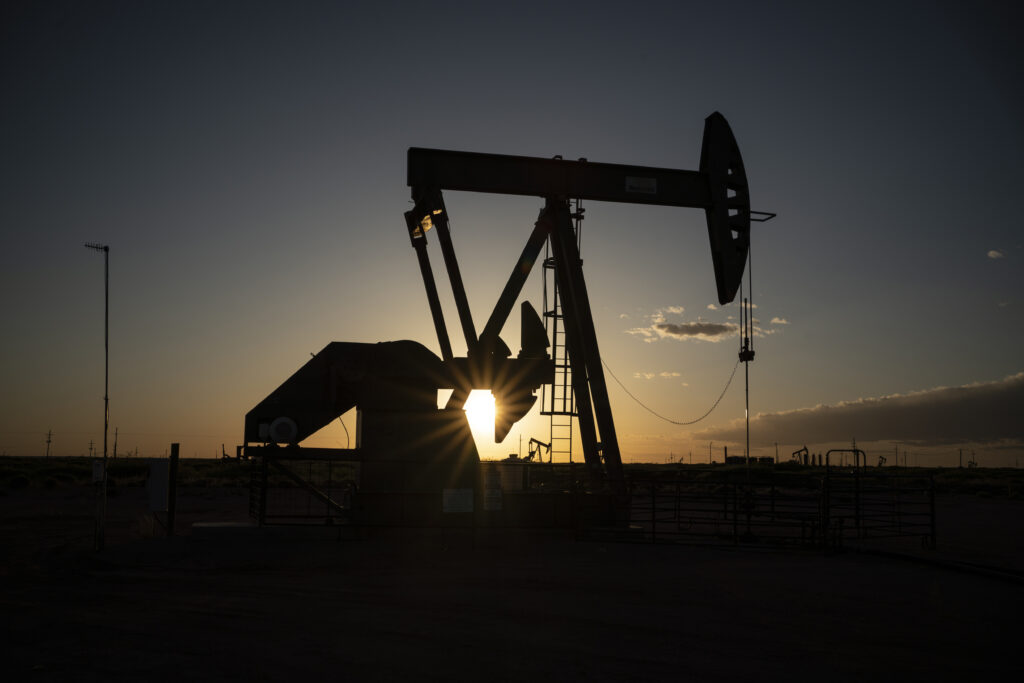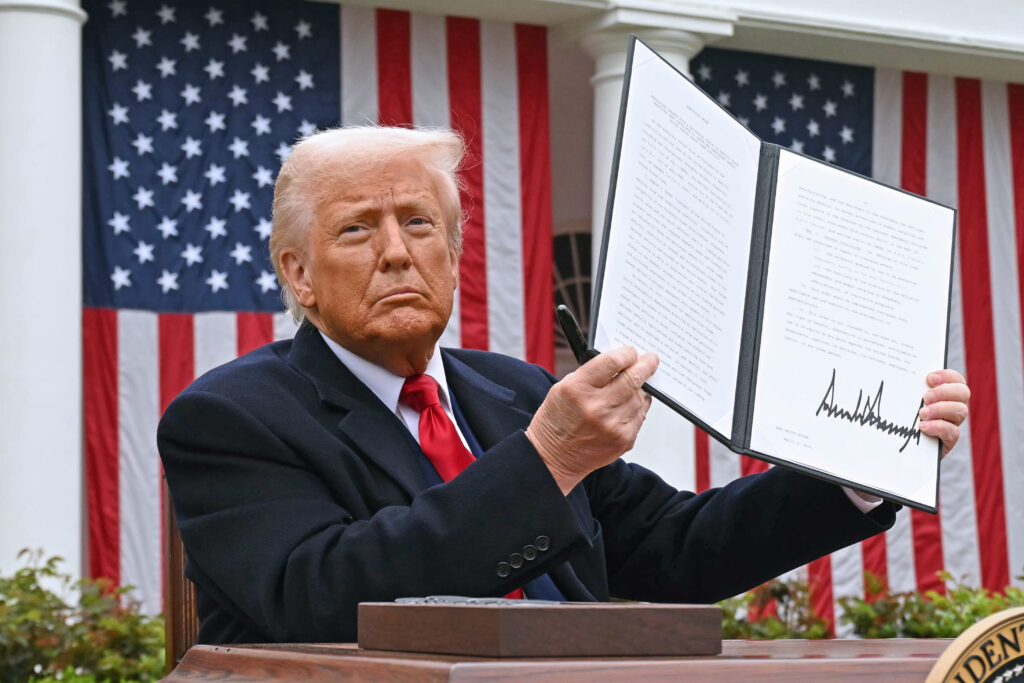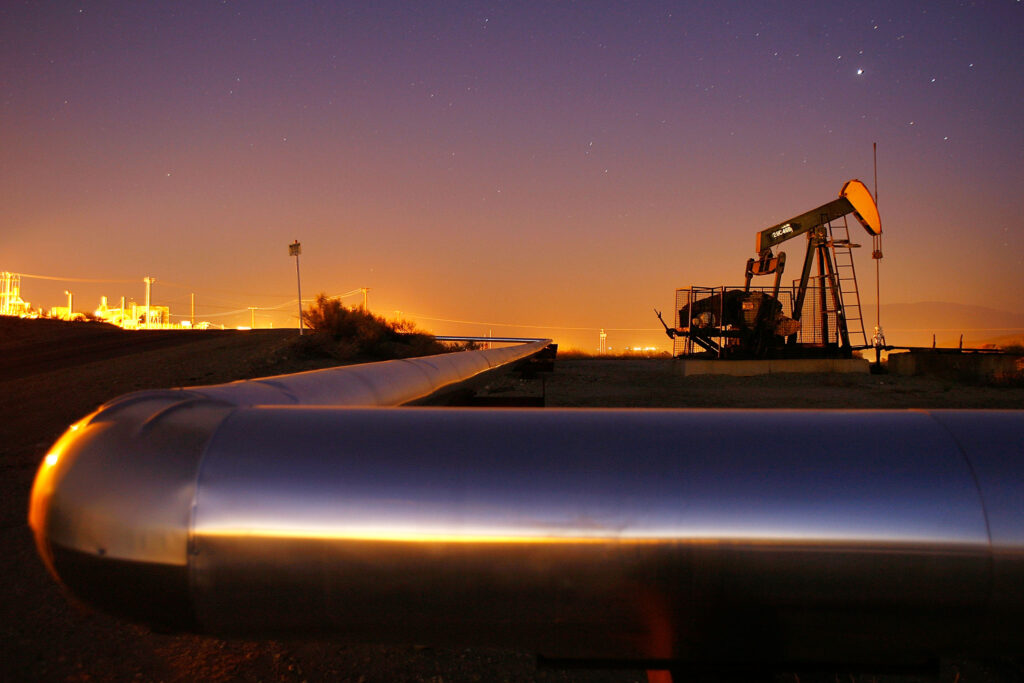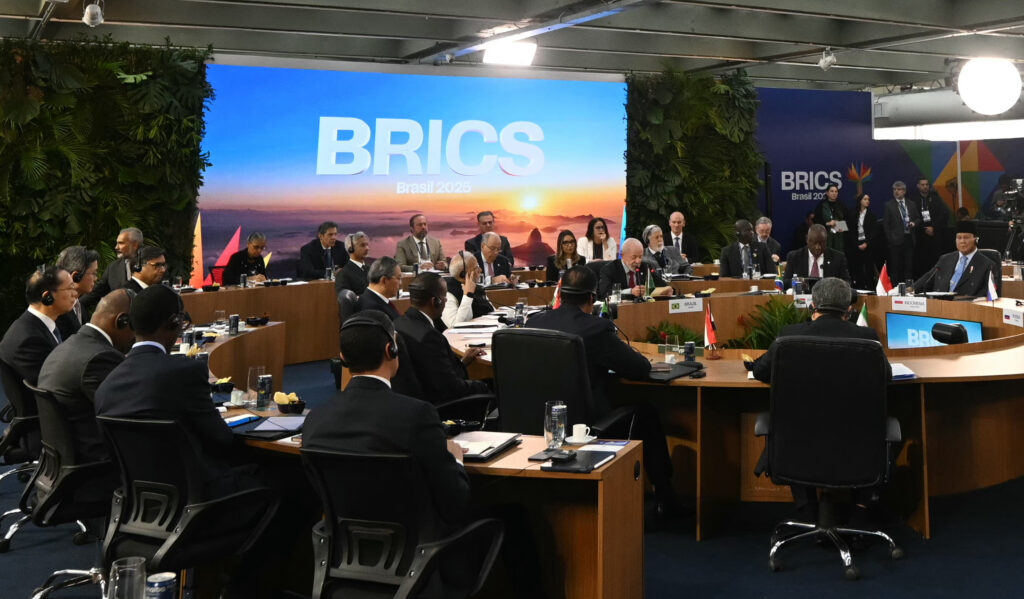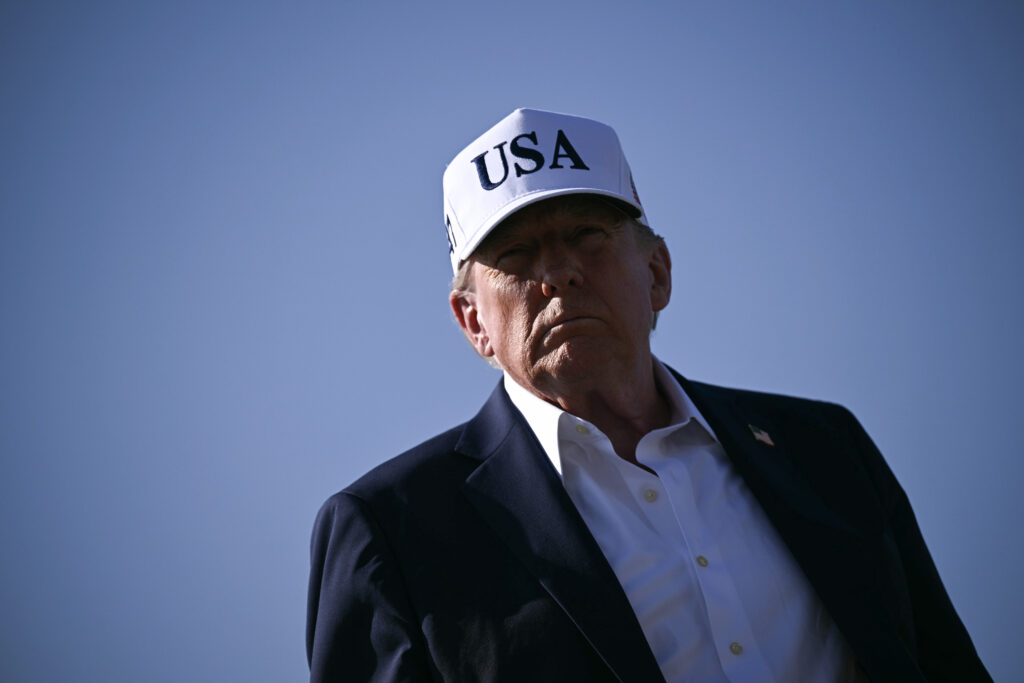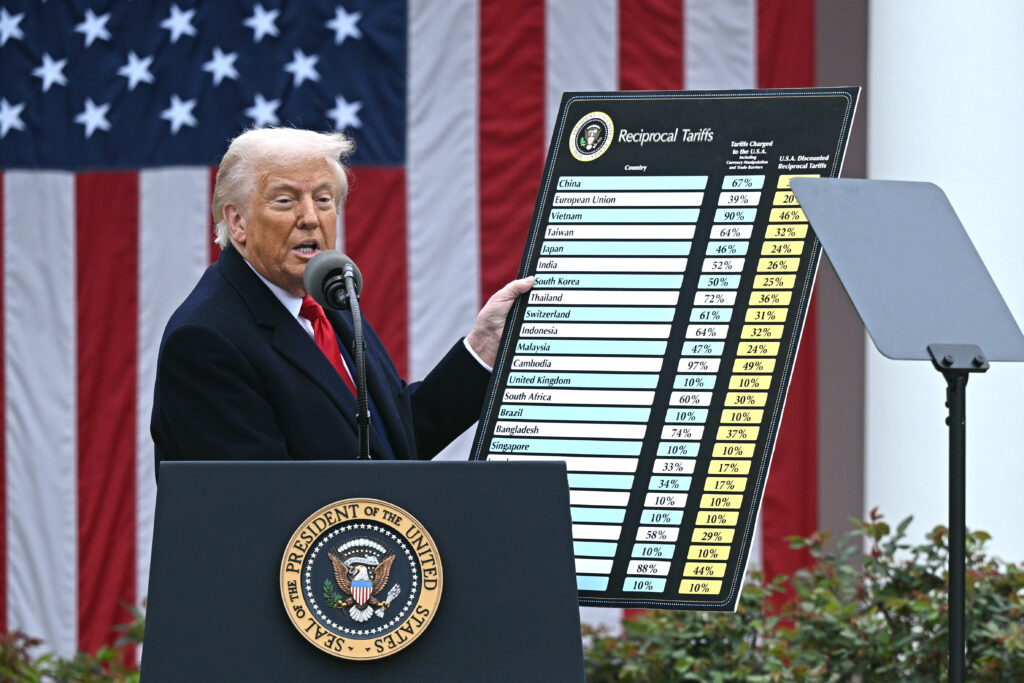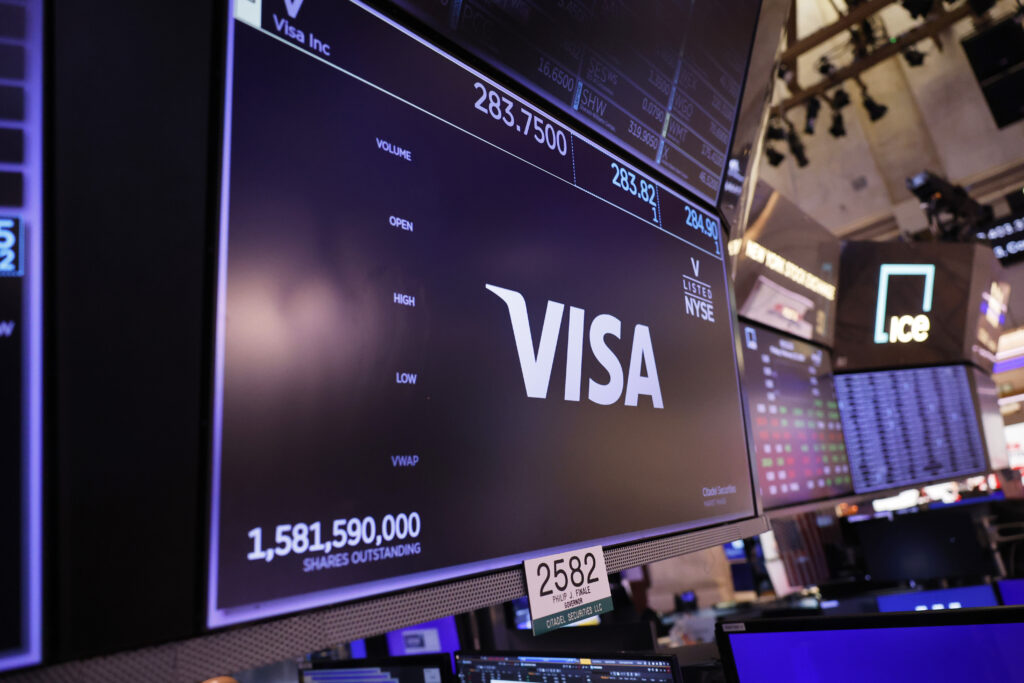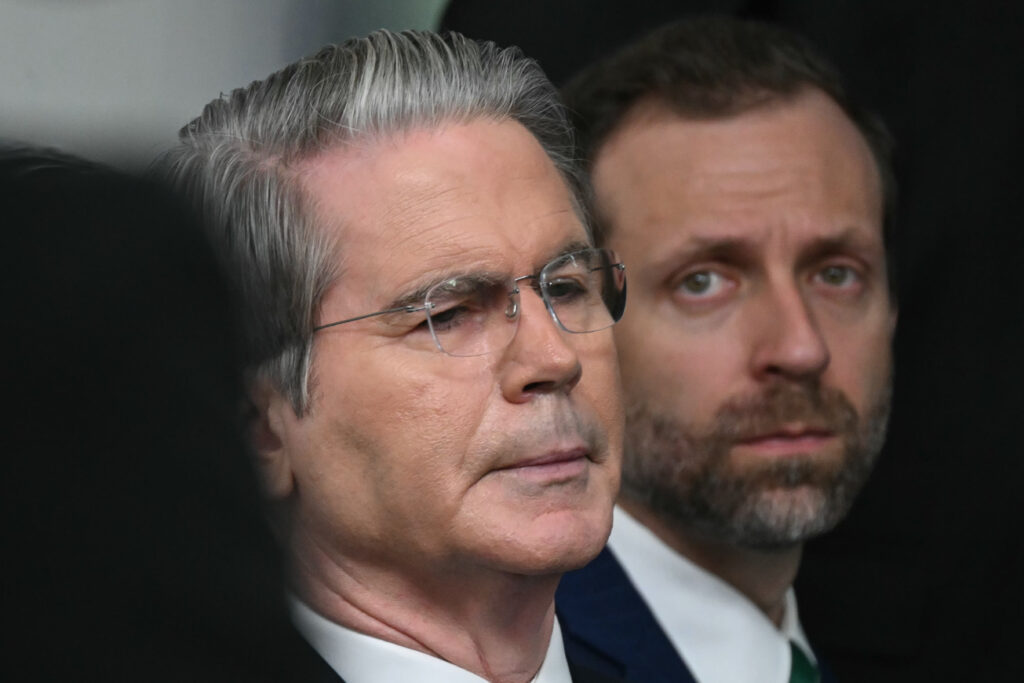Stocks diverge as US tariff deadline looms
Stock markets diverged while the dollar strengthened Monday as countries fought to hammer out trade deals ahead of US President Donald Trump’s tariff deadline.Oil prices rose, even if OPEC and its allies agreed over the weekend to increase output more than expected.”Tariff threats look likely to take centre stage yet again this week, following further developments over the weekend,” noted Richard Hunter, head of markets at Interactive Investor.Trump announced he would send the first tariff letters to various countries on Monday ahead of his deadline Wednesday for trading partners to reach a deal expires.He warned that US levies on imports will snap back to the high levels he set in April if countries failed to make agreements. Treasury Secretary Scott Bessent said, however, that the measures would not be applied until August 1, instead of the July 9 cut-off that had been set by Trump.Trade Nation analyst David Morrison said added time wasn’t calming markets.”While (Bessent) downplayed the idea of this being a ‘new deadline’, the market took little comfort, interpreting the remarks as an extension of trade risks,” he said.The White House has said several deals were in the pipeline but only two have been finalised so far, with Britain and Vietnam. Major trading nations, including Japan, India, the European Union and South Korea, have fought for the past three months to get agreements.Uncertainty prevails, with Trump declaring that an extra 10 percent import levy would be added to any country “aligning themselves with the Anti-American policies of BRICS” — the 11-member alliance including Brazil, Russia, India and China.Despite the tariff uncertainty, official data Monday showed German industrial production rose strongly in May, boosting hopes that Europe’s top economy has turned a corner. The news boosted German equities which gained 1.2 percent for the day.Paris added 0.4 percent, while London dipped 0.2 percent.Asia’s main stock markets mostly steadied.Wall Street slipped after record finishes by the S&P 500 and Nasdaq Composite on Thursday before the long holiday weekend in the United States.”There is a little trade uncertainty in the mix today… but it isn’t a stretch to think the market is also simply adhering to some consolidation interest after making such a massive run,” said Briefing.com analyst Patrick O’Hare. – OPEC+ hike -The oil market was also in focus after Saudi Arabia, Russia and six other key members of the OPEC+ alliance said they would increase oil output in August by 548,000 barrels per day, more than expected.The group said in a statement that “a steady global economic outlook and current healthy market fundamentals, as reflected in the low oil inventories” led to the decision.IG analyst Chris Beauchamp said that crude prices would ordinarily be expected to drop when additional supply is being brought to market.”Crude’s strength today suggests that buying momentum is clearly picking up,” he said.”The bearish theme that has dominated for so long seems to have run its course, even if more increases are expected in September,” he added.Shares in Shell dropped around 2.9 percent after the British energy giant posted a weak trading update.- Key figures at around 1530 GMT -New York – Dow: DOWN 0.7 percent at 44,513.28 pointsNew York – S&P 500: DOWN 0.6 percent at 6,242.40New York – Nasdaq Composite: DOWN 0.7 percent at 20,461.12London – FTSE 100: DOWN 0.2 percent at 8,806.53 (close)Paris – CAC 40: UP 0.4 percent at 7,723.47 (close)Frankfurt – DAX: UP 0.1.2 percent at 24,073.67 (close)Tokyo – Nikkei 225: DOWN 0.6 percent at 39,587.68 (close)Hong Kong – Hang Seng Index: DOWN 0.1 percent at 23,887.83 (close)Shanghai – Composite: FLAT at 3,473.13 (close)Euro/dollar: DOWN at $1.1732 from $1.1783 on FridayPound/dollar: DOWN at $1.3640 from $1.3641Dollar/yen: UP at 145.86 yen from 144.53 yenEuro/pound: DOWN at 86.04 pence from 86.37 penceBrent North Sea Crude: UP 1. percent at $69. per barrelWest Texas Intermediate: UP 0. percent at $67. per barrelburs-rl/tw
